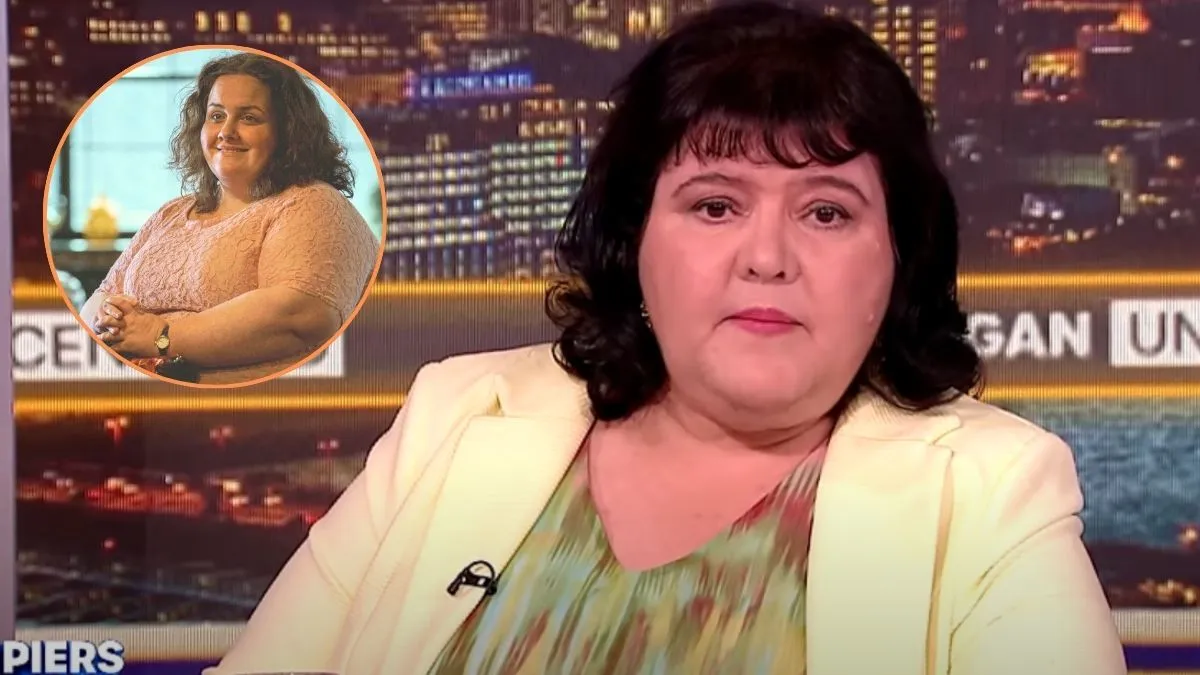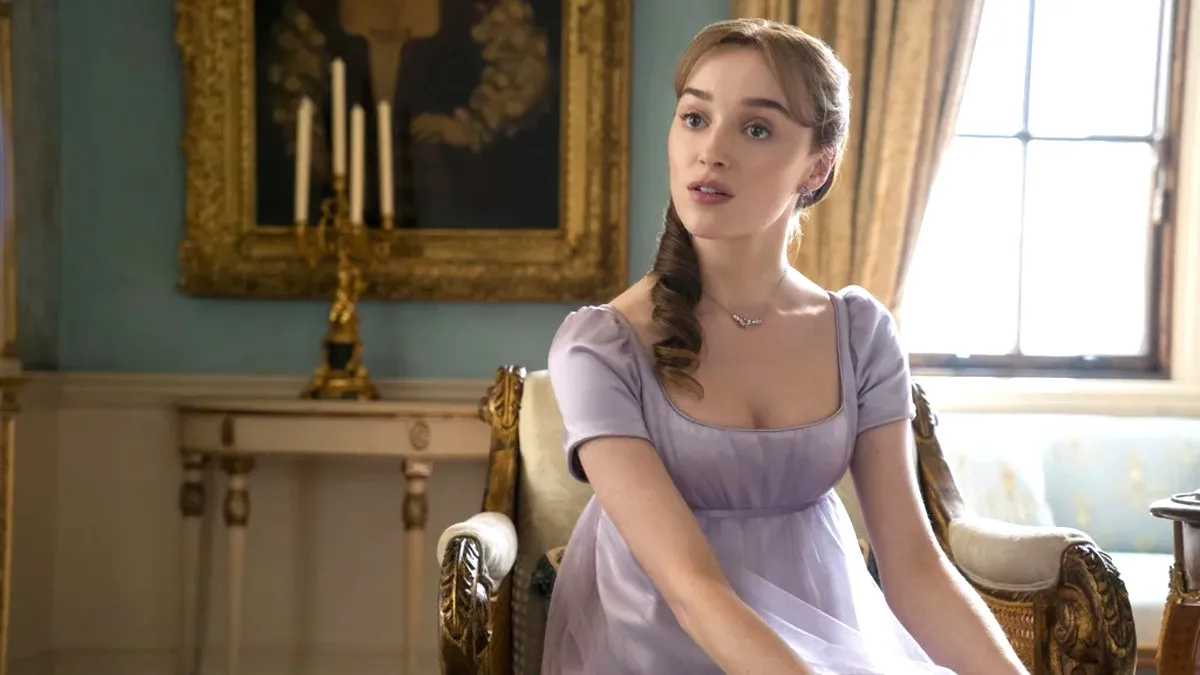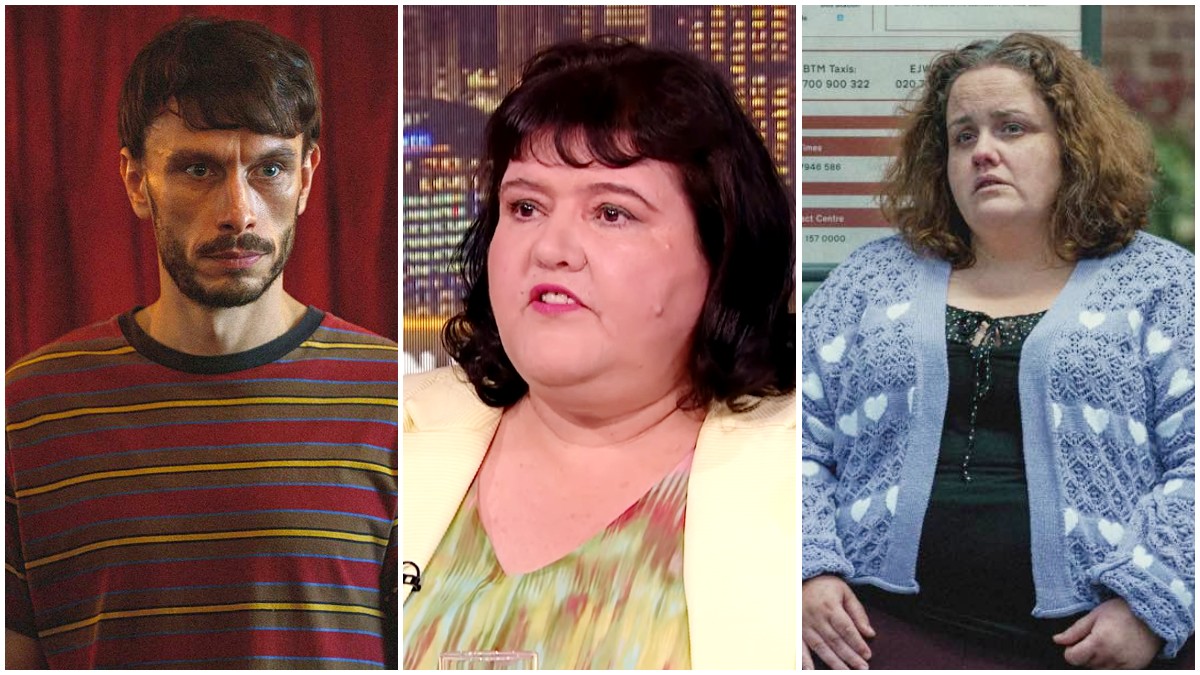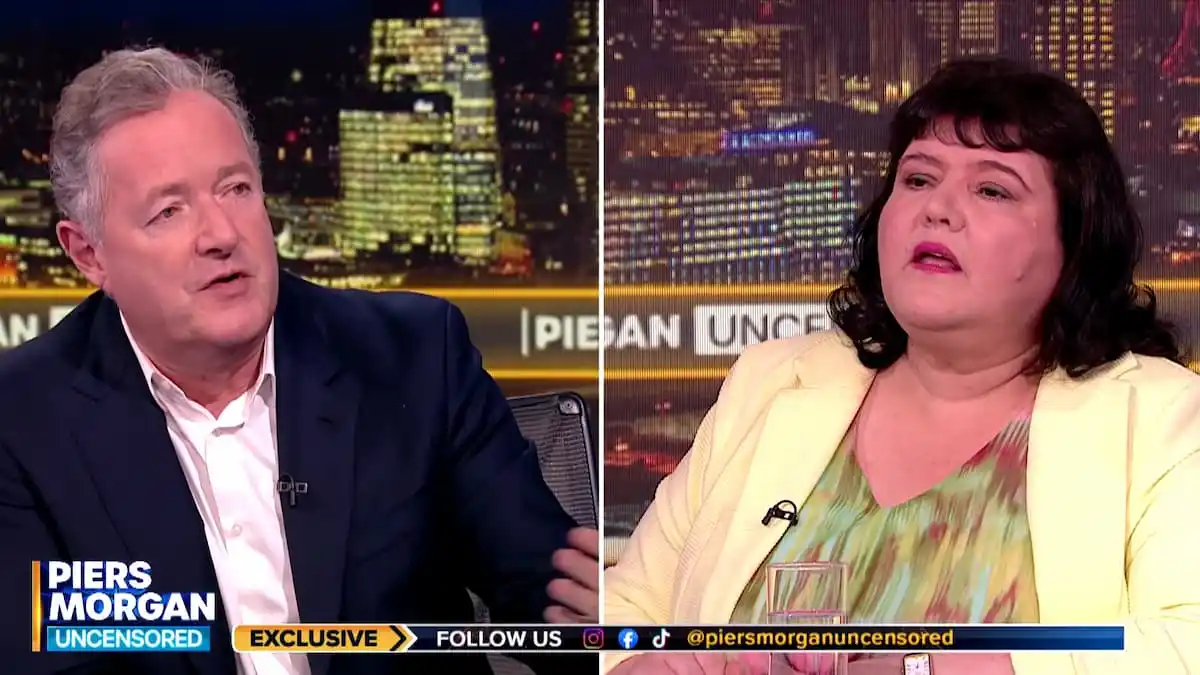Ron D. Moore is a man with a better handle on Star Trek than most. He was one of the most praised writers on The Next Generation, penning such classic episodes as “The Bonding,” “Sins of the Father” and the finale, “All Good Things.” He also went on to write episodes of Deep Space Nine, Voyager and assisted on the script for First Contact. Basically, when he talks Trek it’s worth listening – and it definitely was at the Star Trek Las Vegas convention this year.
The most interesting moment came when a fan asked him what he thought about franchise fatigue, the notion that audiences are getting sick of everything being some multi-part saga and not standalone stories, which is particularly notable given that season 2 of Star Trek: Discovery is set to air in early 2019, followed by multiple TV projects and various movies.
Here’s what Moore had to say on the topic:
When you say something like franchise fatigue it means that, to me, it means that particular flavor had run dry, essentially, to mix my metaphors, essentially that way of doing Star Trek, that way of telling story, and those kinds of stories had run its course. You could just see in the shows, it had fatigue, it was tired. It wasn’t really engaging any more or felt like it was just standing in place.
Then it gets reinvented, and then you bring in new people, and you bring in new ideas, and you change up the parameters, and then it all gets reinvigorated again. So, it’s not so much about volume, it’s not really about how many shows there are, it’s really about are you able to still engage the audience and make it seem fresh and exciting. Once you’re in the same place and doing the same show time after time after time, which is what the Star Trek franchise started to feel like by the time that Enterprise ended, it just felt all the same and it didn’t feel new. Then it’s time for a big change, then it’s time to go fallow for a while and plant the ground all over again.
It’s a pretty perceptive argument. Interestingly, Enterprise itself was intended to be the very thing he’s arguing for, a re-imagination of the series that took the core concepts of the show and reworked them. Of course, the main thing standing in the way of that show was (aside from a couple of interesting moments) that it simply wasn’t very good. All this is very relevant stuff, especially given that CBS have committed to a plethora of new Trek projects in the wake of the positive reception of Discovery and their high hopes for season 2.
Continuing on, Moore said:
Where you are now it’s like, Okay it’s all been reinvented, it looks completely different, the style is very different, the stories are different, so it doesn’t feel like you’re in danger of franchise fatigue just because there’s a lot of them coming out. If they’re all the same or if they just start becoming the same meal over and over again, then you’ll run into fatigue and they’ll have the same problems.
This is perhaps a lesson that could be learned by Star Wars fans as well as Trek fans. Much of the criticism of The Last Jedi stemmed from Rian Johnson’s desire to push the franchise somewhere new and introduce fresh ideas beyond the philosophies of the OT and PT. Whether he was successful is subjective, but if these colossal science fiction franchises are going to be as hardy as the IP owners want them to be, they need to be continually evolving and resist resting on their laurels and telling minor variations on the same stories over and over.
Perhaps the best example of why this is so vital can be seen in the longest running science fiction show around, Doctor Who. That series has been refreshing its philosophies, aesthetic and storytelling style ever since William Hartnell regenerated into Patrick Troughton, while maintaining a throughline that gives it a distinct identity. I guess we’ll just have to wait and see whether season 2 of Star Trek: Discovery is putting these lessons into practice sometime in early 2019, which is when it premieres.













